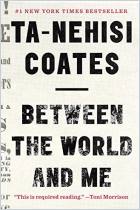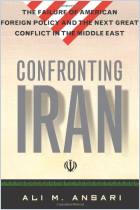
Salman Rushdie on the Fatwa That Endangered His Life
From the New Yorker archive
Recommendation
In August 2022, as Salman Rushdie, 75, prepared to give a lecture in upstate New York, a man stabbed him ten times. Rushdie survived with grave injuries. Death threats had been a constant in Rushdie’s life. In late 1988, Muslims protested his novel, The Satanic Verses, a fictitious version of Prophet Muhammad’s life. Iran’s then-Supreme Leader Ayatollah Khomeini issued a fatwa telling Muslims to execute Rushdie. Riots protesting the book broke out across the Islamic world, and Rushdie went into hiding. Years passed before he could appear in public without police protection. The New Yorker reprinted his 2012 essay, which eloquently depicts the onset of the fatwa and the beginning of Rushdie’s years of isolation.
Summary
About the Author
Indian-born British-American novelist Salman Rushdie also wrote Midnight’s Children, Shame, and the essay collection Imaginary Homelands: Essays and Criticism, 1981–1991.



















Comment on this summary or 开始讨论